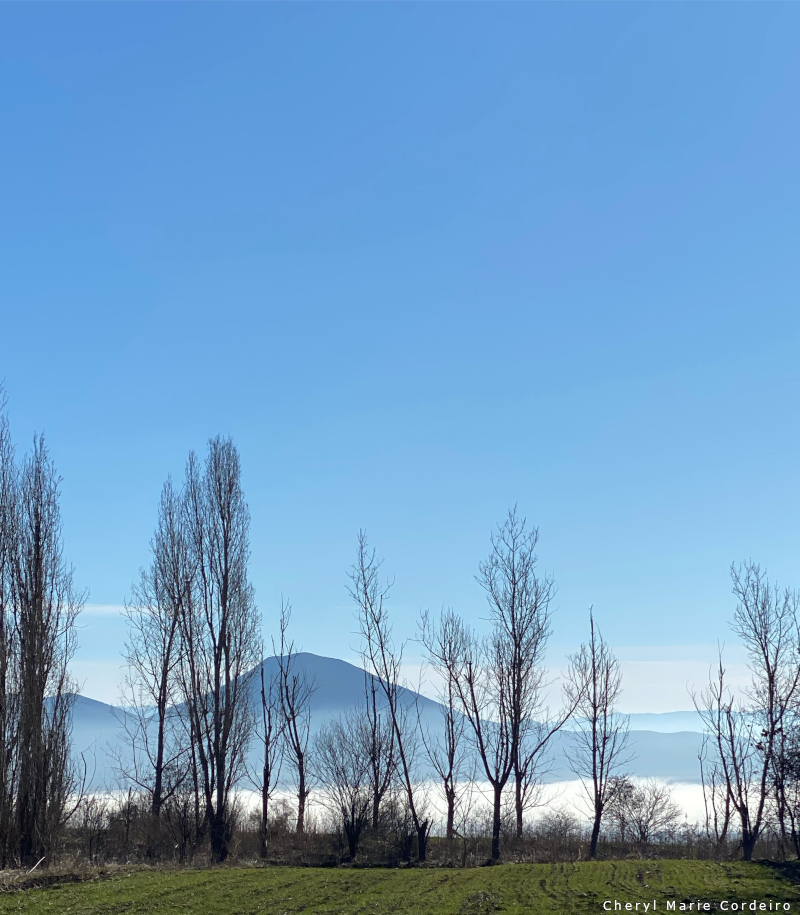
Exploring Kozani: A Hidden Gem in Northern Greece
Kozani, a city nestled in the rugged landscapes of Western Macedonia, offers visitors a unique blend of history, natural beauty, and a quiet charm that contrasts with the bustling energy of Thessaloniki, just two and a half hours away by car. While tourists rarely venture into this part of Greece, those who do are rewarded with stunning mountain views, rich cultural traditions, and a deep commitment to environmental sustainability.
A City of Contrasts: Tradition Meets Innovation
Kozani is best known for its energy production, saffron cultivation, and traditional Macedonian culture. The city is built at an altitude of 720 meters, surrounded by the Vermio, Pieria, and Vourinos mountain ranges, and lies near Lake Polyphytos, which is crossed by the impressive High Bridge of Servia.
The main square of Kozani (Plateia Nikis) is the social and cultural heart of the city. Lined with lively cafés and restaurants, it’s a perfect spot to enjoy a Greek coffee while watching the daily rhythm of the city unfold. A notable highlight is the rooftop café at the Ermionio Hotel, which offers a panoramic view of the square and a glimpse of the surrounding mountains—a fantastic setting for a sunset drink, or in my case, a sunset cappuccino.
A Taste of Kozani: Traditional Cuisine
Kozani’s culinary offerings reflect the rugged terrain and agricultural heritage of the region. Some must-try dishes and ingredients include:
- Saffron (Krokos Kozanis) – Kozani is home to one of the world’s finest saffrons, cultivated in the surrounding plains. It’s used in risottos, teas, and sauces.
- Grilled mackerel (skoumpri psito) – A staple in local tavernas, served with olive oil and lemon.
- Octopus with fava (chtapodi me fava) – A Northern Greek specialty, featuring tender octopus over a puree of yellow split peas.
- Grilled aubergine with feta cheese – A smoky, charred aubergine dish topped with crumbled feta, olive oil, and herbs.
- Kihi (spiral cheese pie) – A local pastry, often eaten during festivals and Carnival celebrations.
- Kokkineli wine – A reddish wine produced in the region, perfect for pairing with grilled meats and cheeses.
Kozani’s Commitment to Environmental Sustainability
As Greece moves toward phasing out coal by 2028, Kozani is at the forefront of this transition. Historically, the region was a major lignite (brown coal) mining hub, particularly in Ptolemaida and surrounding areas. However, with the decline of coal-based energy, Kozani has embraced renewable energy and urban revitalization as key drivers of its sustainable future.
One of the most ambitious renewable energy projects in the region is Kozani’s large-scale solar power initiative, which provides energy for over 75,000 Greek households, making it one of the largest solar farms in the country. This transformation from coal to solar energy is visible as you drive to and from the city center, where vast fields of solar panels now replace former industrial landscapes.
Biodiversity and Brownfield Recovery
With mining operations slowing down, efforts are being made to restore degraded lands and promote biodiversity conservation. These initiatives include:
- Rehabilitating the Asbestos Mines of Northern Greece (MAVE) in Zidani, Kozani – A project focused on mitigating environmental hazards and restoring ecosystems.
- Reforesting abandoned mining areas to support local flora and fauna.
- Developing sustainable agricultural practices, particularly in Krokos village, where saffron cultivation is a major economic driver.
Waste Management & Circular Economy: DIADYMA’s Role
Kozani is also home to DIADYMA S.A., a leading waste management company in Western Macedonia. Their Integrated Waste Management System (IWMS) is considered one of the most advanced in Greece, with a focus on:
- Recycling and waste reduction to minimize landfill use.
- Biodiversity protection through sustainable land use practices.
- Public awareness campaigns to promote circular economy principles in the region.
Kozani has also hosted Climate Neutral Week, an initiative aimed at promoting sustainable urban development, clean energy, and digital transformation.
A City in Transition
Kozani’s transformation from a coal-based economy to a leader in sustainability is a symbol of resilience and innovation. While it remains rooted in tradition—evident in its historic library, saffron fields, and vibrant café culture—it is also embracing a future focused on renewable energy, biodiversity conservation, and sustainable development.
For travelers seeking authentic Greek experiences, stunning landscapes, and a glimpse into the country’s environmental future, Kozani is a destination worth exploring.